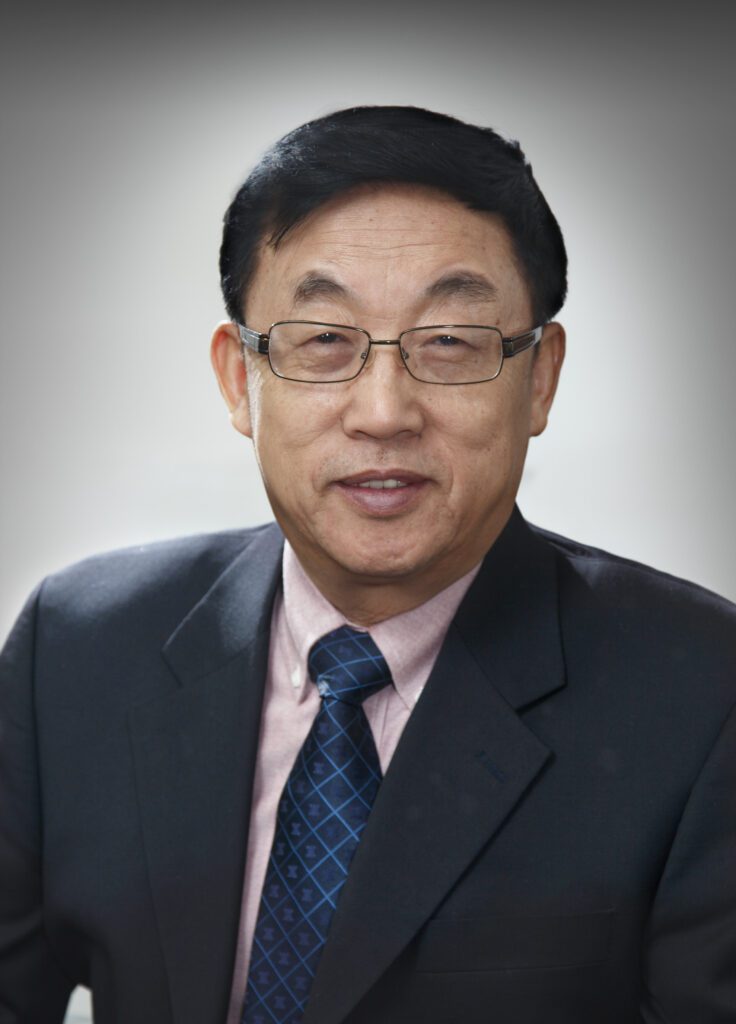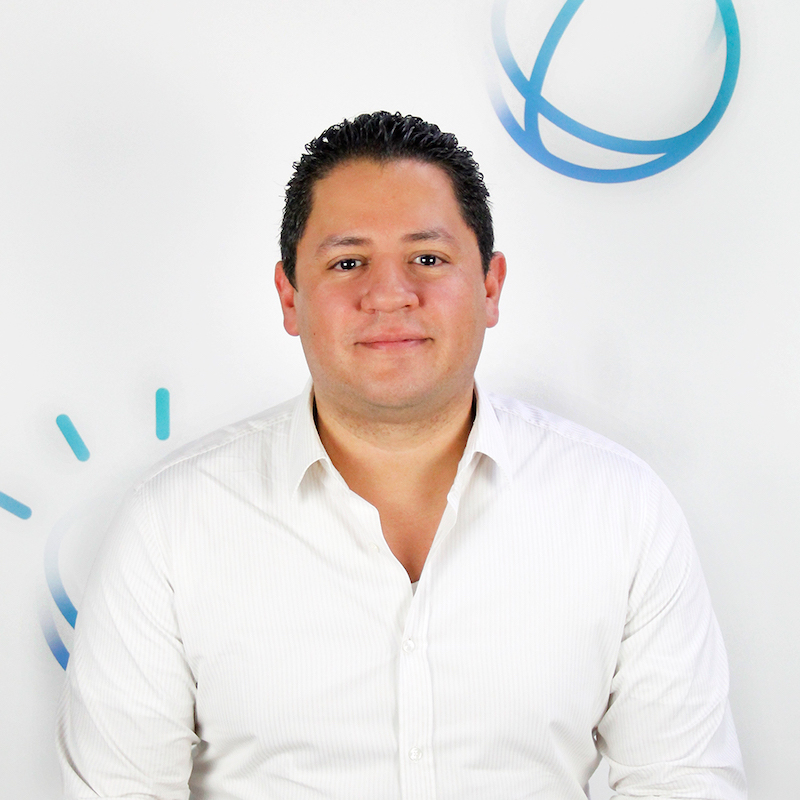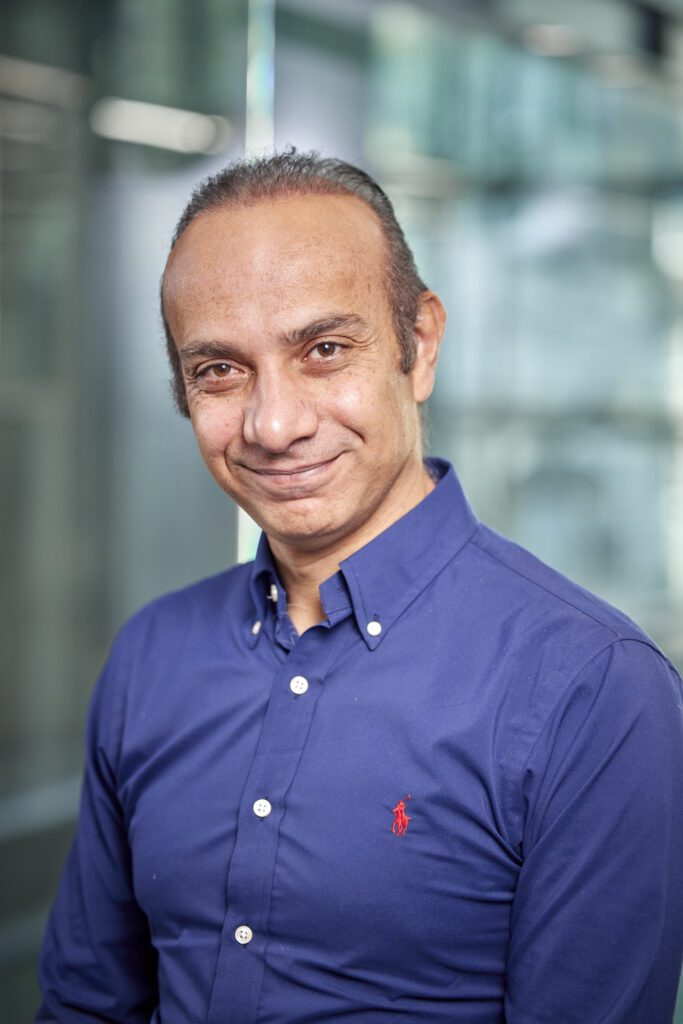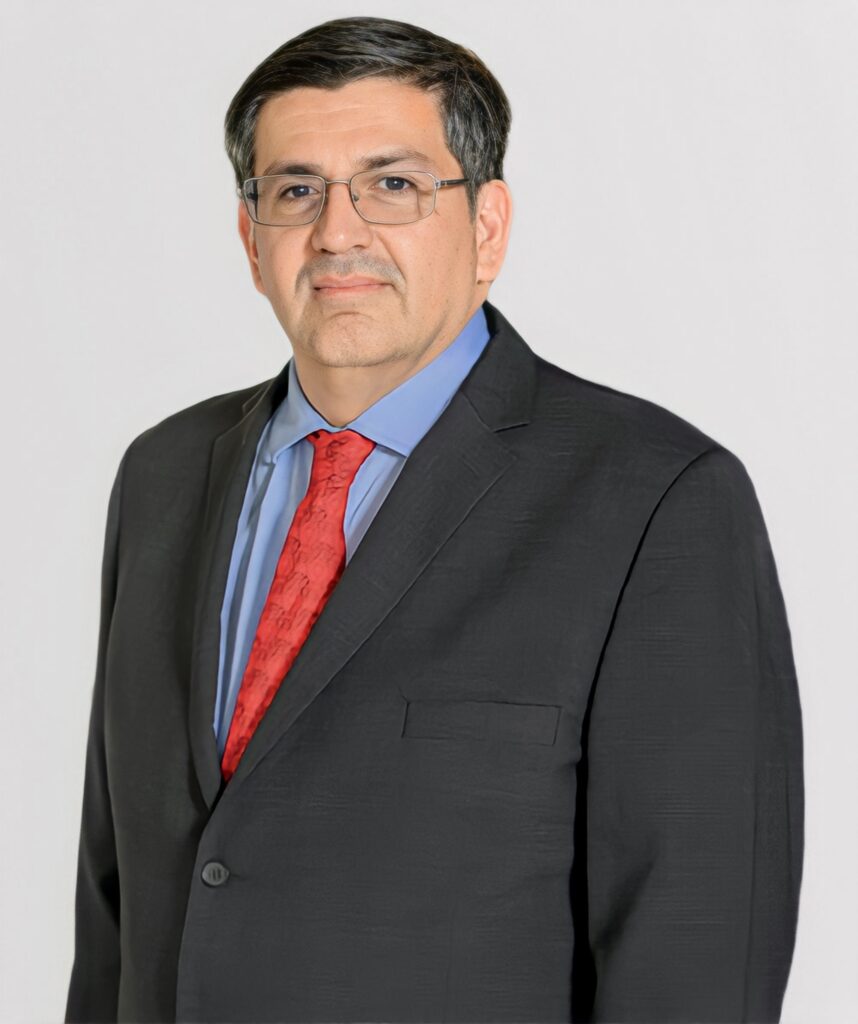Wednesday December 6th, 2023
- 9:00-10:00, Tianyou Chai, Intelligent Control System for Low-Carbon Operation of Energy Intensive Equipment Based on End-edge-cloud Collaboration
- 10:30 – 11:30, Alice Smith, Women Led Research in Computational Intelligence
Thursday December 7th, 2023
- 9:00-10:00, Leobardo Morales, Generative AI Revolution
Friday December 8th, 2023
- 9:00-10:00, Hani Hagras, Type-2 Fuzzy Systems Based True Explainable Artificial Intelligence for Real-World Applications
- 10:30 – 11:30, Carlos A. Coello Coello, Lessons Learned after 25 Years Designing Multi-Objective Evolutionary Algorithms
Intelligent Control System for Low-Carbon Operation of Energy Intensive Equipment Based on End-edge-cloud Collaboration
Tianyou Chai, State Key Laboratory, Northeastern University, China
Process industry in China mainly include raw material industry such as petrochemicals, steel, nonferrous metals, building materials, mining, and energy industry such as electric power. The scale of China’s process industry is the largest in the world. It serves as an important basic support industry for China. However, its energy consumption accounts for more than half of China’s total energy consumption. Improving energy efficiency is essential for reducing carbon dioxide emission intensity. Therefore, saving industrial electricity has become an important means to realize low-carbon industry. Energy intensive equipment are commonly used in the above-mentioned industries. Due to the comprehensive complexity of energy intensive equipment, it is difficult to use the existing modelling, control and optimization methods to realize its operational optimized control. Therefore, manual operational control methods are adopted in the energy intensive equipment. The manual operational control method is a key reason for the high energy consumption of energy intensive equipment. Realizing the operational optimized control of energy intensive equipment, and achieving energy saving and emission reduction are the keys to its low-carbon operation.
CPS provides new research ideas for realizing low-carbon operational control of energy intensive equipment. Industrial Artificial Intelligence (AI) provides a new technical foundation for realizing low-carbon operational control of energy intensive equipment. With the development of mobile internet represented by 5G, edge computing, cloud computing and cloud platform software, the Industrial Internet has been born. Industrial Internet creates conditions for obtaining industrial big data. The end-edge-cloud collaboration technology of Industrial Internet creates conditions for the realization of big data-driven industrial AI algorithms. The synergy of industrial AI and Industrial Internet creates conditions for realization of intelligent control for low-carbon operation of energy intensive equipment. Based on the analysis of the operational control behavior of operation experts of energy intensive equipment, this talk proposes an intelligent control method for low-carbon operation by combining mechanism analysis with deep learning, control and optimization with prediction. The method makes the energy consumption per ton as small as possible within the target range. It consists of setpoint control, self-optimized tuning and tracking control. An intelligent control system for low-carbon operation is developed by adopting end-edge-cloud collaboration technology of Industrial Internet. The system is successfully applied to the fused magnesium furnace and achieves remarkable results in reducing carbon emissions.

Tianyou Chai received the Ph.D. degree in control theory and engineering in 1985 from Northeastern University, Shenyang, China, where he became a Professor in 1988. He is the founder and Director of the Center of Automation, which became a National Engineering and Technology Research Center and a State Key Laboratory. He is a member of Chinese Academy of Engineering, IFAC Fellow and IEEE Fellow. He has served as director of Department of Information Science of National Natural Science Foundation of China from 2010 to 2018. His current research interests include modeling, control, optimization and integrated automation of complex industrial processes. He has published 322 peer reviewed international journal papers. His paper titled Hybrid intelligent control for optimal operation of shaft furnace roasting process was selected as one of three best papers for the Control Engineering Practice Paper Prize for 2011-2013. He has developed control technologies with applications to various industrial processes. For his contributions, he has won 5 prestigious awards of National Natural Science, National Science and Technology Progress and National Technological Innovation, the 2007 Industry Award for Excellence in Transitional Control Research from IEEE Multiple-conference on Systems and Control, and the 2017 Wook Hyun Kwon Education Award from Asian Control Association.
Women Led Research in Computational Intelligence
Alice E. Smith, Auburn University, USA
This talk will give a current overview of some of the exciting and impactful research endeavors in computational intelligence by women led investigative teams from around the world. The work is taken from the 2022 landmark volume Women in Computational Intelligence: Key Advances and Perspectives on Emerging Topics, https://link.springer.com/book/10.1007/978-3-030-79092-9. The 34 authors of this book are nearly all women and represent thirteen countries across five continents. All chapters are authored by IEEE Women in Computational Intelligence members except the first which is a professional biography of computer pioneer Admiral Grace Hopper by Jill S. Tietjen, an esteemed author on women and technology.
The book is structured into four main sections of Intelligence, Learning, Modeling, and Optimization. The primary technical methods include artificial neural networks, evolutionary and swarm computation, and fuzzy logic and systems. The wealth of applications can be seen throughout the nineteen chapters within this volume. These include natural language processing, intelligent tutoring, autonomous systems, digital pathology, intrusion detection, and energy management. The talk will highlight several of these research chapters, explaining the importance and novelty of the work described. A unique part of this book is the biographies of the authors which include information concerning their beginnings and advancement in computational intelligence research along with advice for those considering this field and its possibilities. The talk will also give excerpts from these with the aim to celebrate the contributions of women in CI and to inspire future generations of CI scholars through a lens of diversity and inclusion.

ALICE E. SMITH is a Life Fellow of IEEE and is the Joe W. Forehand/Accenture Distinguished Professor of the Industrial and Systems Engineering Department at Auburn University, where she served as Department Chair from 1999-2011. She also has a joint appointment with the Department of Computer Science and Software Engineering. Dr. Smith’s research focus is analysis, modeling, and optimization of complex systems with emphasis on computational intelligence. She holds one U.S. patent and several international patents and has authored more than 200 publications which have garnered over 17,000 citations and an H Index of 52 (Google Scholar). She is the editor of Women in Computational Intelligence: Key Advances and Perspectives on Emerging Topics (https://link.springer.com/book/10.1007/978-3-030-79092-9) and Women in Industrial and Systems Engineering: Key Advances and Perspectives on Emerging Topics (https://www.springer.com/us/book/9783030118655#aboutBook). Several of her computational intelligence papers are among the most highly cited in their respective journals including the most cited paper of Reliability Engineering & System Safety and the 4th most cited paper of IEEE Transactions on Reliability. Dr. Smith is the Editor in Chief of INFORMS Journal on Computing and an Area Editor of Computers & Operations Research. Dr. Smith has been a principal investigator on over $10 million of sponsored research with funding by NASA, U.S. Department of Defense, Missile Defense Agency, National Security Agency, NIST, U.S. Department of Transportation, Lockheed Martin, Adtranz (now Bombardier Transportation), the Ben Franklin Technology Center of Western Pennsylvania, and U.S. National Science Foundation, from which she has been awarded 18 distinct grants including a CAREER grant and an ADVANCE Leadership grant. International research collaborations have been sponsored by Germany, Mexico, Japan, Turkey, United Kingdom, The Netherlands, Egypt, South Korea, Iraq, China, Colombia, Chile, Algeria, and the U.S., and by the Institute of International Education. In 2013 she was a Fulbright Senior Scholar at Bilkent University in Ankara, Turkey, in 2016 a Fulbright Specialist at EAFIT in Medellin, Colombia, in 2017 a Senior Fulbright Fellow at Pontifical Catholic University of Valparaíso, Chile, and in 2020, a Fulbright Specialist at University La Sabana in Bogota, Colombia. Dr. Smith is a fellow of the Institute of Electrical and Electronics Engineers (IEEE), the Institute for Operations Research and Management Science (INFORMS), the Institute of Industrial and Systems Engineers (IISE), and a senior member of the Society of Women Engineers, a member of Tau Beta Pi, and a Registered Professional Engineer. She was elected to serve on the Administrative Committee of the IEEE Computational Intelligence Society from 2013-18 and 2020-24 and served as associate editor for two IEEE journals. She was a keynote speaker at the IEEE World Congress on Computational Intelligence (2018) and will be a keynote speaker at the same conference in 2024. She is a current and past IEEE CIS Distinguished Lecturer.
Generative AI Revolution
Leobardo Morales, IBM, Mexico
How did we get to the point where we find ourselves in generative AI, what are the challenges and how do we take advantage of it in the best way? My background in Business Development and experience as a Product Manager enable me to assist customers with complex solutions. As a consultant, I have collaborated with a diverse range of clients throughout Mexico and Latin America. I previously served as a Servers Brand Manager and currently hold the role of Offering Manager for Hybrid Cloud Integration. Furthermore, I have long been an active ambassador for the IBM Academic Initiative. I derive immense satisfaction from speaking at various industry and research forums. I am deeply passionate about Artificial Intelligence, and I am confident in my ability to catalyze AI development in Mexico.

Leobardo Morales holds the position of Senior Customer Success Manager at IBM Public Cloud for Latin America. His extensive background in Business Development and Product Management equips him with the skills necessary to assist clients in navigating complex solutions. As a seasoned consultant, he has collaborated with a diverse range of clients throughout Mexico and Latin America. Leobardo has also held significant roles within IBM, including serving as the Brand Manager for IBM servers and as the Product Manager for Hybrid Cloud solutions. Leobardo frequently engages as a speaker at various research and industry forums. He exhibits a profound passion for Artificial Intelligence and actively promotes the adoption of OpenSource and Linux within American companies. He actively participates as an ambassador for IBM’s academic initiatives and plays an integral role on the board of the Mexican Society of Artificial Intelligence. Additionally, he co-organizes numerous Artificial Intelligence congresses in Mexico
Type-2 Fuzzy Systems Based True Explainable Artificial Intelligence for Real-World Applications
Hani Hagras, University of Essex, UK
The recent advances in computing power coupled with the rapid increases in the quantity of available data has led to a resurgence in the theory and applications of Artificial Intelligence (AI). However, the use of complex AI algorithms could result in a lack of transparency to users which is termed as black/opaque box models. Thus, for AI to be trusted and widely used by governments and industries, there is a need for greater transparency through the creation of human friendly explainable AI (XAI) systems. XAI aims to make machines understand the context and environment in which they operate, and over time build underlying explanatory models that allow them to characterize real-world phenomena. The XAI concept provides an explanation of individual decisions, enables understanding of overall strengths and weaknesses, and conveys an understanding of how the system will behave in the future and how to correct the system’s mistakes. In this keynote speech, Hani Hagras introduce the concepts of type-2 fuzzy systems based XAI to achieve a significantly positive impact on communities and industries all over the world and will present novel techniques enabling to deliver human friendly XAI systems which could be easily understood, analysed and augmented by humans. This will allow to the wider deployment of AI systems which are trusted in various real world applications

Hani Hagras is a Professor of Artificial Intelligence, Head of the Artificial Intelligence Research Group and and Director of the Computational Intelligence Centre in the University of Essex, UK. He is a Fellow of Institute of Electrical and Electronics Engineers (IEEE), a Fellow of the Institution of Engineering and Technology (IET), Principal Fellow of the UK Higher Education Academy (PFHEA) and Fellow of the Asia-Pacific Artificial Intelligence Association (AAIA). His major research interests are in Explainable Artificial Intelligence, computational intelligence and data science .He has authored more than 500 papers in international journals, conferences and books. He is Among the top 2% of the most-cited scientists in the world (Scopus August 2023). His work has received funding from major research councils and industry. He has also Elven industrial patents in the field of Explainable AI, computational intelligence and intelligent control.
His research has won numerous prestigious international awards where he was awarded by the IEEE Computational Intelligence Society (CIS), the 2013 Outstanding Paper Award in the IEEE Transactions on Fuzzy Systems and also he has won the 2004 Outstanding Paper Award in the IEEE Transactions on Fuzzy Systems. He was also awarded the 2015 and 2017 Global Telecommunications Business award for his joint project with British Telecom. In 2016, he was elected as Distinguished Lecturer by the IEEE Computational Intelligence Society. His work has also won best paper awards in several conferences including the 2014 and 2006 IEEE International Conference on Fuzzy Systems and the 2012 UK Workshop on Computational Intelligence.
He is an Associate Editor of the IEEE Transactions on Fuzzy Systems, IEEE Transactions on Artificial Intelligence, Knowledge Based Systems, Discover AI and others. He was also the General Co-Chair of numerous major IEEE conferences where he was General Co-Chair of FUZZ-IEEE 2007 and Programme Chair of FUZZ-IEEE 2017 and FUZZ-IEEE 2021. He served in various committees in IEEE CIS including the Conference committee, the Fellows commitee, the Senior members commitee, the Fuzzy systems technical commitee and others
Lessons Learned after 25 Years Designing Multi-Objective Evolutionary Algorithms
Carlos A. Coello Coello, CINVESTAV-IPN, Mexico
In this talk, I will describe my origins as a researcher working in a field which is now known as “evolutionary multi-objective optimization” (EMOO), 25 years ago. Then, I’ll describe the inception of my research group at Cinvestav (in Mexico City, Mexico) in 2001, including some of the issues (good and bad) that researchers had to face at that time in Mexico. I will also mention some of the main differences between the way in which research on EMOO was conducted 25 years ago with respect to current research practices including, among other things, topics and methodological issues. In the last part of the talk, I’ll briefly mention some of the pioneering contributions developed at my research group, but not without mentioning some of our biggest failures, too. The discussion will include some of the research topics in which I am currently interested. I’ll finalize the talk with my personal (and a bit critical) view of the way in which research on EMOO is being conducted today, including some advice for young researchers working in this exciting field.

Carlos Artemio Coello Coello received a PhD in Computer Science from Tulane University (USA) in 1996. His research has mainly focused on the design of new multi-objective optimization algorithms based on bio-inspired metaheuristics (e.g., evolutionary algorithms), which is an area in which he has made pioneering contributions. He currently has more than 570 publications, including more than 200 journal papers and 50 book chapters. He has published a monographic book and has edited 3 more books with publishers such as World Scientific and Springer. He has supervised 22 PhD theses (including 3 in Argentina) and 48 Masters thesis (including one in France). Several of the PhD theses that he has supervised, have received awards in national competitions. He has also received (with his students) several “best paper awards” at different international conferences. He is also the only Latin American who has been awarded (twice) the “outstanding paper award” of the IEEE Transactions on Evolutionary Computation. His publications currently report 68,359 citations in Google Scholar. According to Scopus, Dr. Coello has 28,948 citations, excluding self-citations and citations from all his co-authors. His h-index is 102, according to Google Scholar, 73 according to Scopus and 67 according to Clarivate Analytics (known before as ISI Web of Science). In the ShanghaiRanking’s Global Ranking of Academic Subjects 2016 developed by Elsevier, he appears as one of the 300 most highly cited scientists in the world in “Computer Science”, occupying the first place in Mexico.
He has received several awards, including the National Research Award (in 2007) from the Mexican Academy of Science (in the area of exact sciences), the 2009 Medal to the Scientific Merit from Mexico City’s congress, the Ciudad Capital: Heberto Castillo 2011 Award for scientists under the age of 45, in Basic Science, the 2012 Scopus Award (Mexico’s edition) for being the most highly cited scientist in engineering in the 5 years previous to the award and the 2012 National Medal of Science in Physics, Mathematics and Natural Sciences from Mexico’s presidency (this is the most important award that a scientist can receive in Mexico). He also received the Luis Elizondo Award from the Tecnológico de Monterrey in 2019. Additionally, he is the recipient of the 2013 IEEE Kiyo Tomiyasu Award, “for pioneering contributions to single- and multiobjective optimization techniques using bioinspired metaheuristics“, of the 2016 The World Academy of Sciences (TWAS) Award in “Engineering Sciences”, and of the 2021 IEEE Computational Intelligence Society Evolutionary Computation Pioneer Award. Since January 2011, he is an IEEE Fellow. He is currently the Editor-in-Chief of the IEEE Transactions on Evolutionary Computation. He is Full Professor with distinction (Investigador Cinvestav 3F) at the Computer Science Department of CINVESTAV-IPN in Mexico City, Mexico
